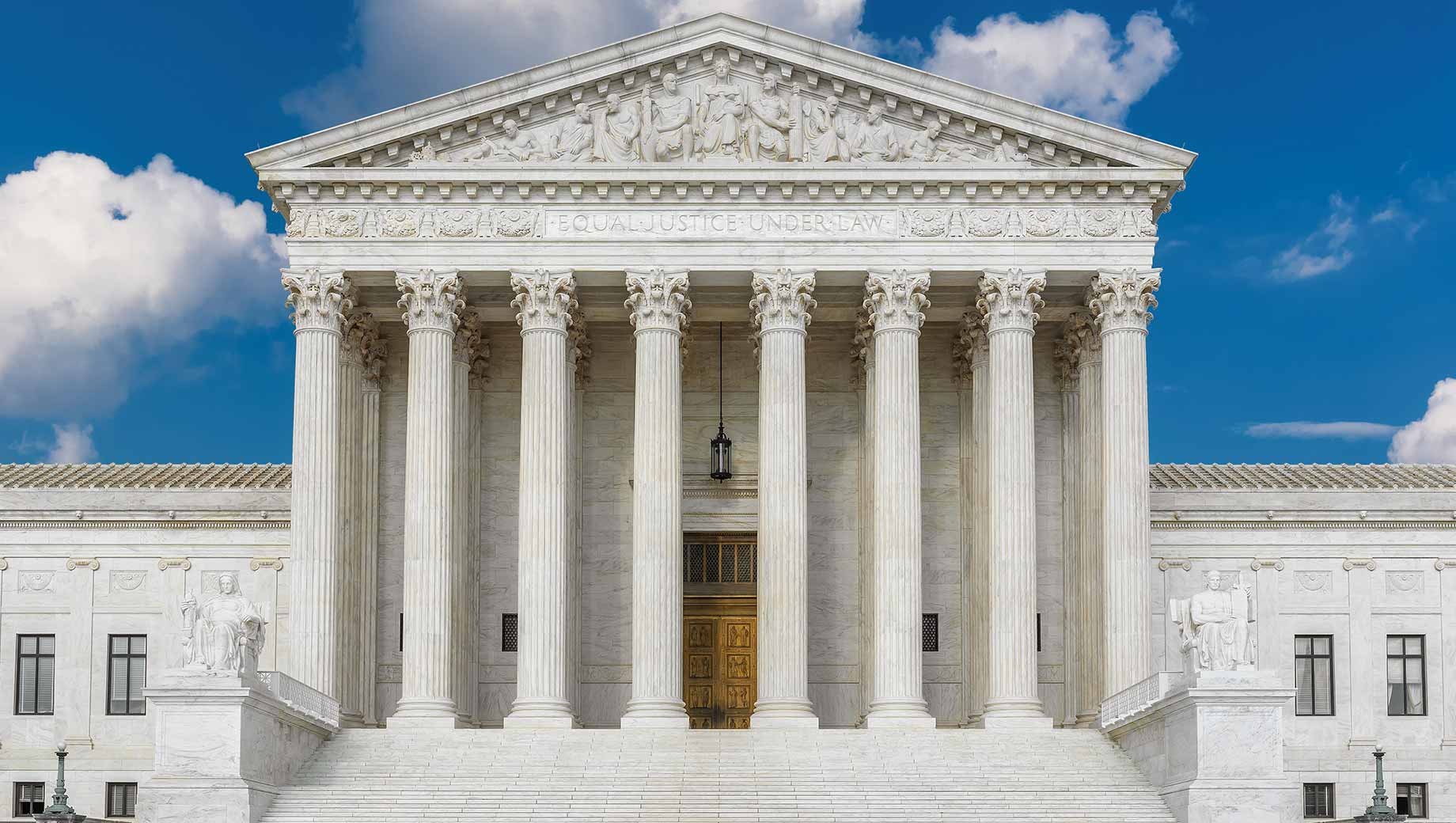Upcoming SCOTUS Cases to Follow Closely
MERIAM AHMAD: Monday, November 28 marked the beginning of this year's final Supreme Court session. Nine cases are being heard, with issues ranging from district court immigration authority, first amendment rights and election regulation.
Below are three cases to follow and their hearing dates over the next few weeks.
November 29, 2022: United States v. Texas
Question: Does the U.S. Department of Homeland Security's (DHS) September 2021 deportation guidance violate federal law and the Administrative Procedure Act (APA)?
Background: A Texas district court judge invalidated a policy by the DHS that instructed immigration officials to prioritize the arrest and deportation of undocumented immigrants who are a threat to security or public safety. If the Supreme Court rules in favor of Texas, it could clarify whether district courts have the power to invalidate federal immigration policies. It could also set a precedent of district courts challenging the legality of federal policies and contributing to their invalidation on the federal level.
Issue: District court authority on federal immigration policy
December 5, 2022: 303 Creative LLC v. Elenis
Question: Does the Colorado AntiDiscrimination Act (CADA) violate the Free Speech Clause of the First Amendment?
Background: Lorie Smith, a Colorado small-business owner, designs websites for weddings. She doesn’t want her company to design websites for same-sex weddings (her objection is on religious grounds) and wants to post a message on her website explaining her objection. CADA prohibits Colorado businesses from discriminating on the basis of numerous characteristics, including sexual orientation. It also does not allow businesses to communicate to customers that their patronage is unwelcome because of those characteristics. If the court rules in favor of Smith’s company, it could swiftly invalidate discrimination laws across the country on the basis of the First Amendment.
Issue: Free speech and discrimination by businesses
December 7, 2022: Moore v. Harper
Question: Under the U.S. Constitution, do state legislatures, without the influence of state courts, have independent authority to regulate federal elections?
Background: For the 2022 Congressional elections, the North Carolina legislature put forward a gerrymandered district map, which the state’s Supreme Court found unconstitutional. Legislators argue for the district map using the “Independent State Legislature” theory, which is the argument that the Constitution designates the authority to regulate federal elections to state legislatures alone. If the Supreme Court sides with the North Carolina legislature, it would render state courts powerless to regulate federal elections. Given that SCOTUS already ruled that federal courts cannot hear gerrymandering cases, legislatures alone would be entrusted with creating fair and representative district maps, with no judicial oversight.
Issue: Legislative versus judicial authority in regulating federal elections
Meriam Ahmad is a freshman in the College from San Jose, California studying Economics. She is a staff writer for On the Record.

